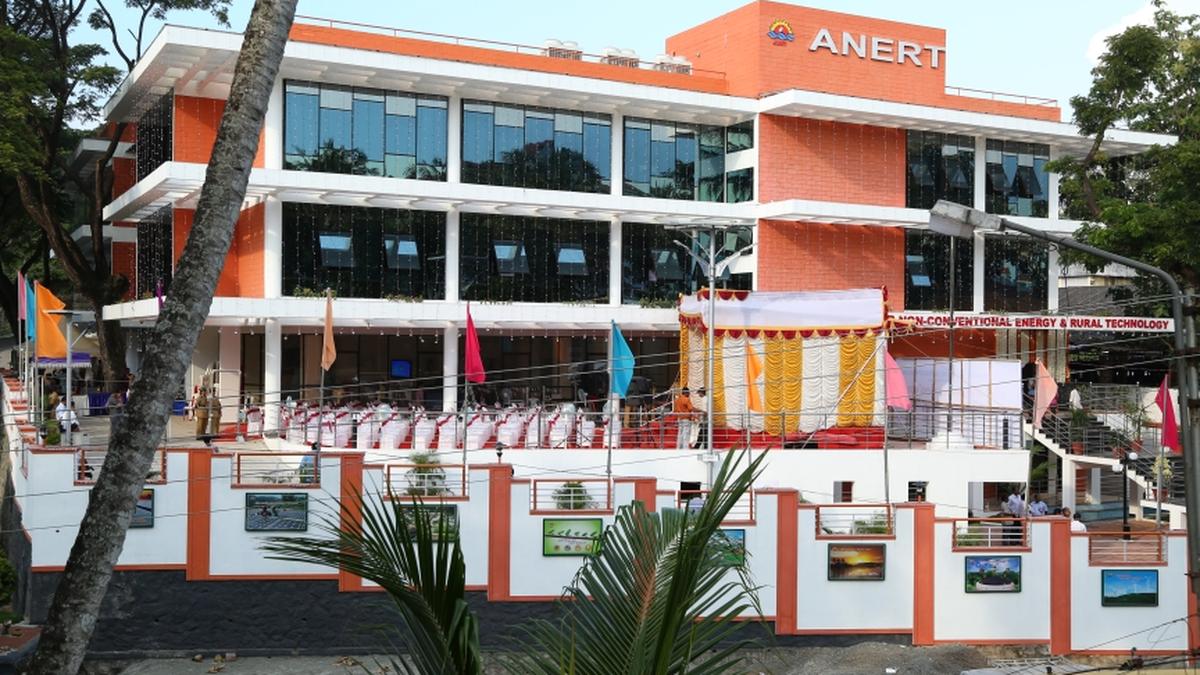Kerala's Green Hydrogen Initiatives: Pioneering Sustainable Energy Solutions
Key Ideas
- Green Hydrogen (GH2) is crucial for decarbonizing hard-to-abate industries like fertilizers and transportation, contributing to a global energy transition.
- Kerala's ambitious goals include achieving Net Zero emissions by 2050 and becoming a Renewable Energy State by 2040, with GH2 playing a pivotal role.
- The state is spearheading the development of a Hydrogen Valley Innovation Cluster (HVIC) encompassing the entire hydrogen value chain, from production to diverse end-use applications.
- Collaborations with entities like the German Development Agency (GIZ) and Bharat Petroleum Corporation Limited (BPCL) highlight Kerala's commitment to green hydrogen projects and export opportunities.
Green Hydrogen (GH2) is emerging as a key player in the global energy transition towards decarbonization. Kerala, a state in India, is strategically positioning itself to lead in the adoption of green hydrogen with various innovative initiatives. The state aims to achieve Net Zero emissions by 2050 and become a fully Renewable Energy State by 2040. With a focus on leveraging renewable energy resources, Kerala plans to utilize Green Hydrogen to decarbonize key industries like fertilizers, transportation, and more.
One of the notable projects in Kerala is the Hydrogen Valley Innovation Cluster (HVIC), a comprehensive initiative covering the entire hydrogen value chain. This project, supported by the Department of Science & Technology (DST), Government of India, aims to establish Kerala as a significant player in green ammonia and hydrogen production for global markets.
Additionally, Kerala's plans include the deployment of hydrogen-powered vehicles and the development of hydrogen refueling stations to support sustainable mobility. The state is also collaborating with the German Development Agency (GIZ) to create the Kochi Green Hydrogen Hub, which will feature a large electrolyzer system, storage facilities, and infrastructure for green hydrogen production and off-take by various sectors.
Moreover, the Kerala government is proactively promoting green hydrogen projects, as seen in partnerships like the one between Cochin International Airport Ltd (CIAL) and Bharat Petroleum Corporation Limited (BPCL) for setting up a green hydrogen plant at the airport. This initiative showcases Kerala's commitment to clean energy production and export potential.
Through these initiatives and collaborations, Kerala is paving the way for a sustainable energy future, addressing technical and economic challenges while positioning itself as a leader in the green hydrogen industry. The state's proactive approach and diverse projects highlight its dedication to driving innovation and sustainability in the energy sector.
